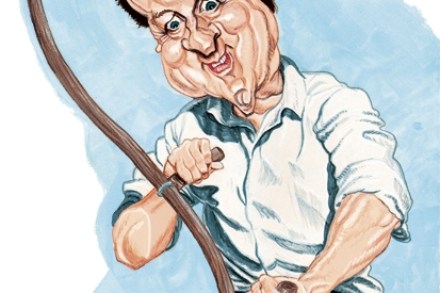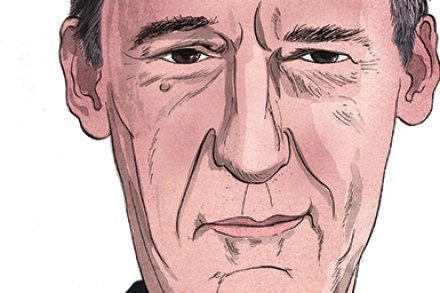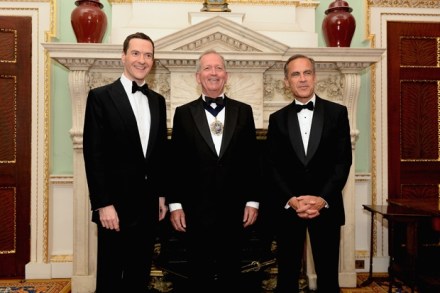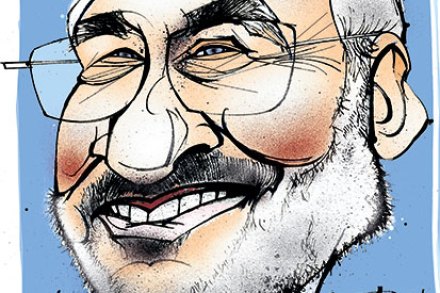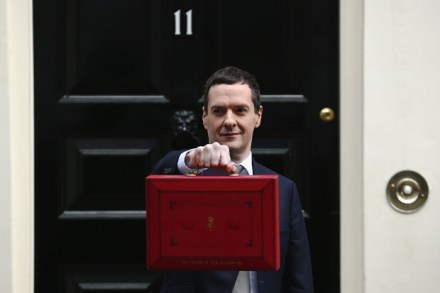We must play the blame game over HBOS. How else will bankers learn?
‘Everyone remembers the names of Applegarth of Northern Rock and Goodwin of RBS, but history may judge the HBOS men to have been the worst of the lot,’ I wrote four years ago. Judgment has arrived at last in a Bank of England report on the 2008 HBOS collapse — plus a second report, by Andrew Green QC, on the adequacy of investigations by the now-defunct Financial Services Authority. The Bank does not go as far as I did with ‘worst of the lot’. But there’s a hint that way in deputy governor Andrew Bailey’s foreword, which calls this ‘a story of the failure of a bank that did not
